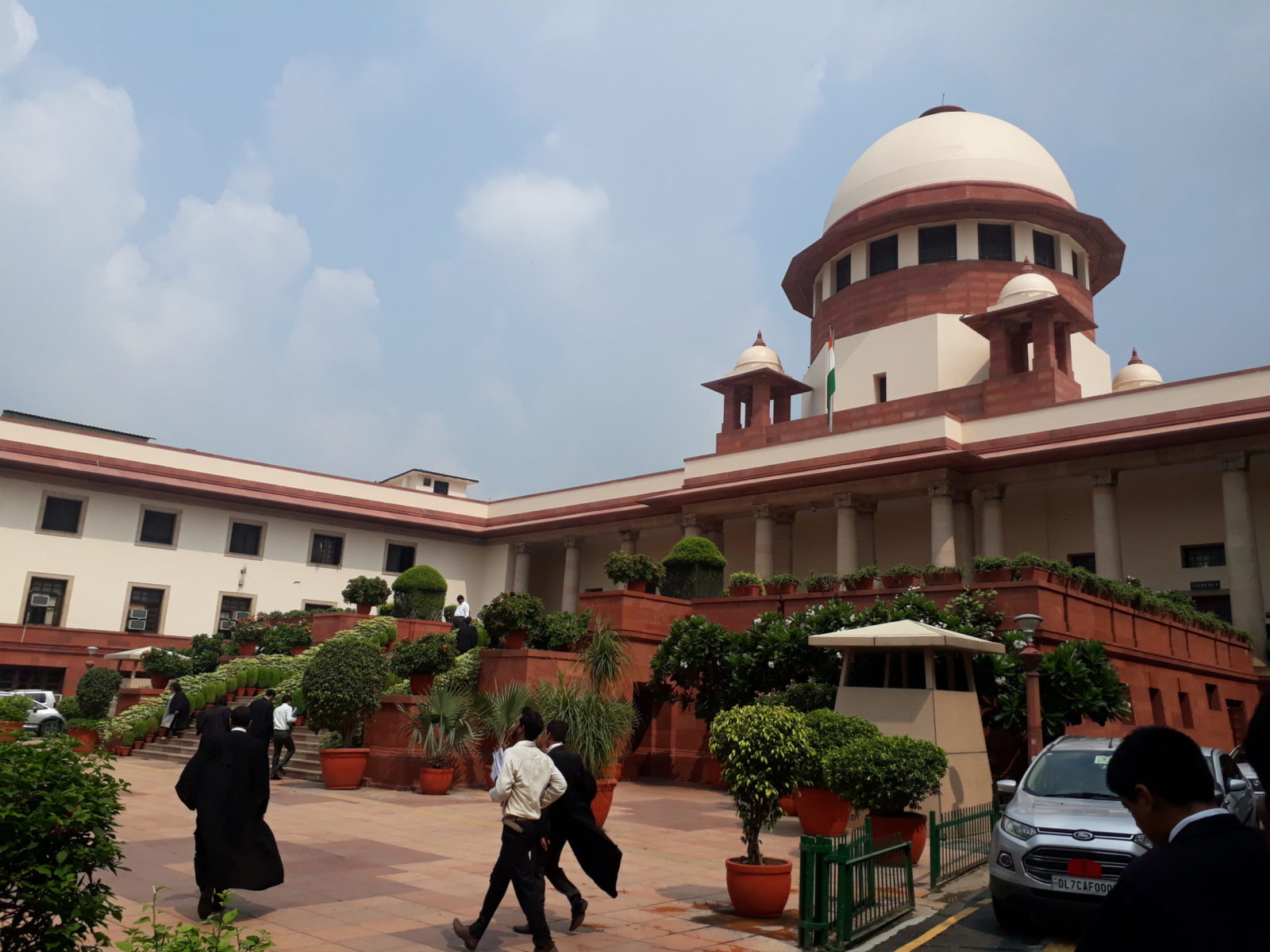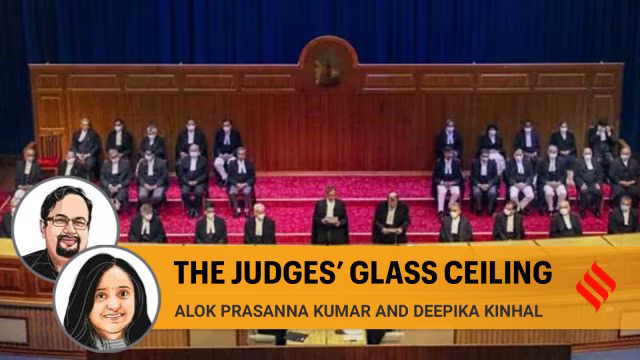
Towards India’s ‘Tomorrow’s Lawyers’
Adapting to technological integration in India’s legal system is the way forward
The nation-wide lockdown and the subsequent social distancing regulations due to the Covid-19 pandemic has adversely impacted a significant portion of the legal profession – litigating lawyers. Litigating lawyers, who comprise a majority of advocates in India, practice before various courts in the country and make their living on a case-to-case basis through regular appearances. The decision of the Courts to limit the filing of cases to only urgent matters and conduct only virtual hearings has led to many of these advocates losing their source of livelihood.
This loss of income led to demands from litigating lawyers all over the country for ex-gratia aid. A PIL was filed before the Supreme Court of India seeking directions for setting up a national-level scheme to provide financial aid to advocates suffering due to sudden interruption to their incomes. A petition was also filed before the Karnataka High Court to direct the Karnataka State Bar Council (KSBC) to pay Rs. 50,000 to each advocate enrolled with the Council and in need of financial aid. The Odisha State Bar Council received applications for financial aid from about 40% of lawyers enrolled with them. The Delhi Advocates Welfare Trustee Committee approved a grant of Rs. 1 crore to offer sustenance, livelihood, and survival during pandemic to these advocates. Similar steps have been taken by most other State Bar Councils and State Governments as well.
Surprisingly, the financial vulnerability of many litigating lawyers has for the longest time remained one of the best-kept secrets of the judiciary. It is only recently through a systematic study of 2800 advocates practicing before eight High Courts carried out by Vidhi that it came to light how about 40% of advocates at the High Courts of Allahabad, Bombay, Kerala, Madras, and Patna shared that entrant lawyers earned between Rs. 2000 and Rs. 5000 per month – during the first two years of practice. It is hardly a surprise that the pandemic hit them hard.
Ex-gratia grants an interim solution
While the measures for ex-gratia grants are all steps in the right direction, it cannot be considered sustainable. In a 2017 book, Tomorrow’s Lawyers, by Richard Susskind, the author states that in 20 years’ time, the legal profession would have changed beyond all recognition. Susskind predicts that as the use of online dispute resolution processes increases, advocates will be pushed to use their expertise to help develop ‘legal machines’ to facilitate these services or to undertake highly specialised jobs that necessarily need human involvement. Although Susskind’s book is mostly geared for the future generation of lawyers, considering the current condition of the litigating community, it may be fruitful for the old guard to incorporate some of his recommendations as elaborated below.
‘Tomorrow’s’ lawyers must adapt to technological integration in India’s legal system
The situation due to the Covid-19 pandemic has clearly shown that virtual courts and online dispute resolution are a reality in India more than ever before. At the very least, the post-Covid legal system in India will be a hybrid model with both virtual and physical court processes. Simpler administrative tasks and cases requiring limited application of law will be technologically driven, while only limited and specialised tasks will continue in the physical format.
Hence, the erstwhile system which was heavily dependent on human involvement – both in the form of lawyers and administrative staff in courts, can no longer be taken for granted. It logically follows that India’s tomorrow’s lawyers must strive to rethink their role and influence in the justice delivery system to continue to sustain themselves and more importantly, to continue to remain relevant. It is in their own interests that lawyers must reinvent themselves and strive to adapt to the changing nature of the system by imbibing new skills as part of their repertoire, especially focusing on legal technologies, project management, and online dispute resolution, in particular, as also elaborated in Susskind’s book. The ‘tomorrow’ that Susskind refers to here today.
The lawyering community, in addition to demanding financial aid, which is a temporary fix to their problems, must also demand programs that will equip them with additional skill sets required to cater to changing expectations. Importantly, the current legal education framework must be upgraded to sufficiently prepare a future breed of lawyers who can keep up with this evolving system.
Views are personal.


